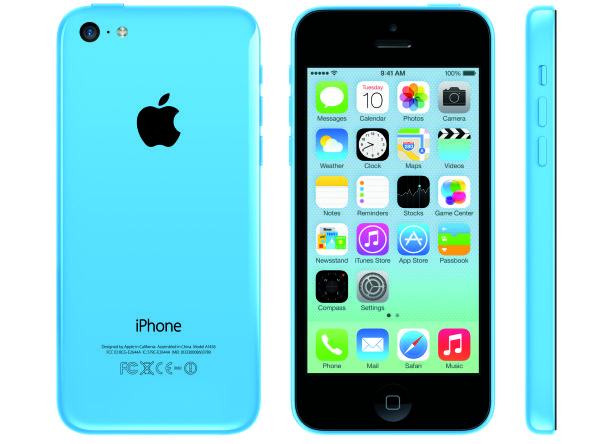

Apple’s iPhone passcodes can be bypassed by modifying the smartphone with a £75 cloned memory chip which can brute force the password lock, according to Cambridge computer scientist Dr Sergei Skorobogatov,
Skorobogatov claims that by cloning the Nand chip on an iPhone 5C, which acts as the device’s main flash storage, he can circumnavigate the lock Apple puts on its iPhones if a password it inputted incorrectly too many times.
By modifying an iPhone to accept a cloned chip with a password counter set to zero, Skorobogatov was able to have a further six attempts an inputting the correct password into a locked iPhone 5C.
“The process does not require any expensive and sophisticated equipment. All needed parts are low cost and were obtained from local electronics distributors. By using the described and successful hardware mirroring process it was possible to bypass the limit on passcode retry attempts,” he explained.
Each time he reach the incorrect password entry limit, he simply removed the cloned chip and replaced it with a fresh clone with a password counter set to zero, effectively giving him as many attempts at the password it takes to stumble across the right one.
Using this technique it took Skorobogatov 40 hours of work to brute force past the four digit password. However, he indicated that with more recent models, such as the iPhone 7, using this technique many not be possible and would require further research.
FBI director James Comey had previously said that the technique, known as Nand mirroring, would not work on the iPhone Farook used. But it would appear that Skorobogatov’s work has proven him wrong.
Other methods have been used to hack iPhones in various ways in the past, including cloning fingerprints to trick the Touch ID scanner with Play-Doh.
Are you a smartphone expert? Take our quiz here!
All Cybertrucks manufactured between November 2023 and February 2025 recalled over trim that can fall…
As Musk guts US federal agencies, SEC issues summons over Elon's failure to disclose ownership…
Moonshot project Taara spun out of Google, uses lasers and not satellites to provide internet…
Pebble creator launches two new PebbleOS-based smartwatches with 30-day battery life, e-ink screens after OS…
Amazon loses appeal in Luxembourg's administrative court over 746m euro GDPR fine related to use…
Nvidia, xAI to participate in project backed by BlackRock, Microsoft to invest $100bn in AI…